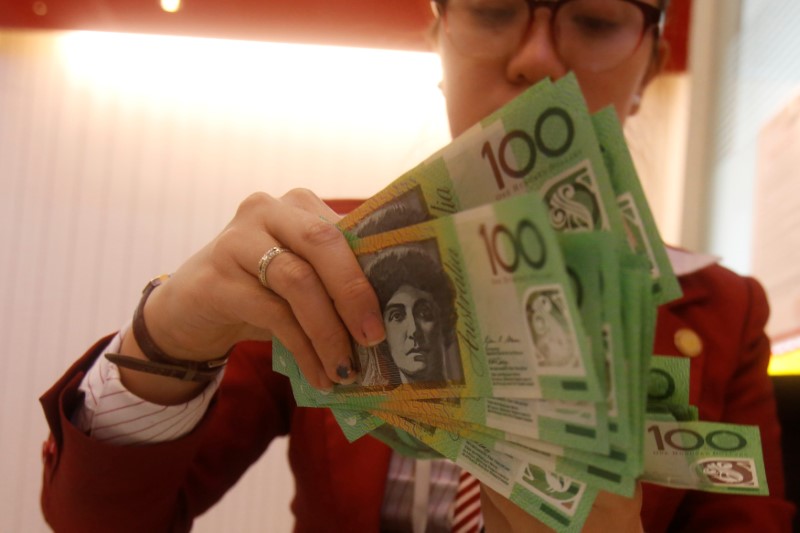 © Reuters.
© Reuters.
The US dollar has shown signs of stabilization following hawkish sentiments from Federal Reserve officials, including Jerome Powell, who suggested potential future rate hikes. This follows a period of decline triggered by steady policy rates and a cooling US labor market.
On Tuesday, November 7, the dollar index rose by +0.33%, influenced by Federal Reserve officials Kashkari, Goolsbee, and Bowman hinting at continued monetary policy tightening. The dollar's strength led to a -0.21% fall in the EUR/USD and a +0.23% rise in the USD/JPY.
Futures data from the CME FedWatch tool indicates a 15% chance of another rate hike by January 2024 and a 22% possibility of cuts by March 2024. Meanwhile, other currencies have exhibited volatility against the dollar. The British pound, Japanese yen, and New Zealand dollar have seen fluctuations this week, while the euro suffers from a poor growth outlook in the eurozone and falling German industrial production.
Meanwhile, the Australian dollar is grappling with challenges after the Reserve Bank of Australia's (RBA) rate hike to a 12-year high, marking its largest daily decline in about a month. Despite the rate hike bringing the OCR to 4.35%, concerns about Australia’s slowing economy and rising inflation risks have led the RBA to adopt a dovish stance, creating uncertainty about future rate hikes.
The AUD/USD pair experienced a bearish trend down to 0.63 before finding support and rebounding, hitting resistance at the 100 SMA prior to the RBA meeting. However, this upward trend stalled at the 100 SMA. The AUD/USD continues to trade lower near 0.6420, despite the rate hike.
The IMF's revised GDP growth forecasts for China for 2023 and 2024 could provide support to the Australian Dollar due to Australia's strong trade relationship with China.
This article was generated with the support of AI and reviewed by an editor. For more information see our T&C.

